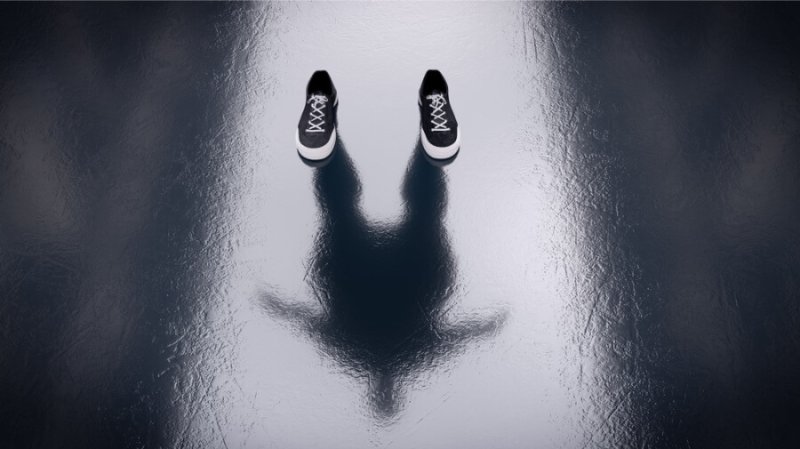True invisibility, the type wherein the body itself is actually rendered transparent (unlike the kind portrayed in the recent movie, which utilizes an advanced suit) can only succeed by interrupting the interaction of light with those cells.
While that might succeed in making you disappear, it will also result in immediate blindness. Those modified photons, the ones you rely on to paint a picture of the world, will fail to interact with your eyes, fail to travel along your optic nerve, fail to be received by the vision centers of your brain.
…
Even more frightening, research indicates that if your internal cells are exposed to light, all sorts of terrible things happen. Most importantly, your DNA starts to break down. Considering the way chemicals react with our bodies, it’s unlikely that invisibility would happen all at once.
…
At the end of the day, whatever nefarious plans you might have for becoming invisible probably aren’t worth the impact your body would suffer. It’s very likely better that we keep invisibility in the realm of fiction, at least until we can develop technological solutions to counteract these biological hurdles.































